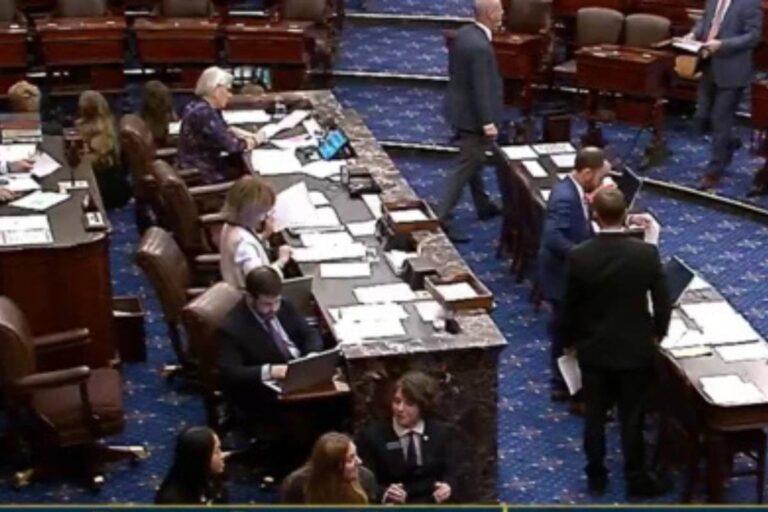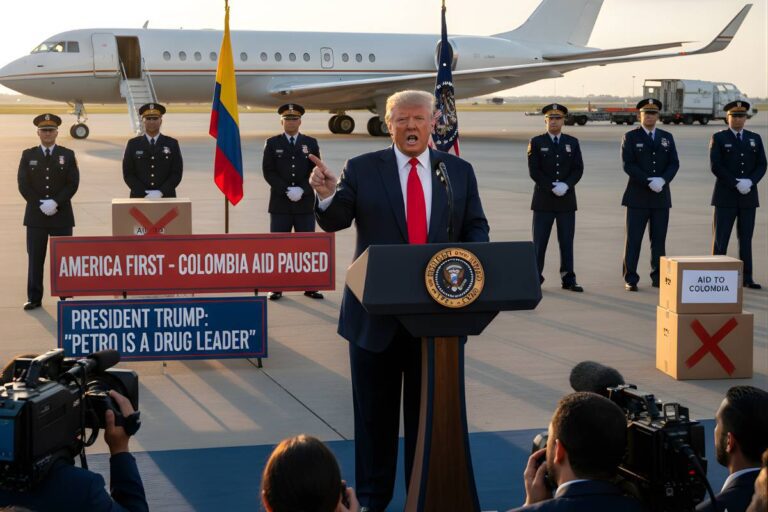Dubai, UAE – Taking a historic leap towards the establishment of its position as a worldwide hub for education, innovation, and jobs, the UAE Ministry of Higher Education and Scientific Research (MoHESR) has announced historic changes to its framework for recognizing foreign qualifications. These reforms, as part of the Zero Government Bureaucracy program, are aimed at eliminating administrative barriers, speeding up workforce integration, and supporting the UAE’s Vision 2030 objectives of building a knowledge-based economy. By emphasizing efficiency and inclusivity, the UAE is targeting 200,000 professional experts by 2030 and positioning itself as a global leader in talent retention.
Background: Why the UAE is Prioritizing Qualification Reforms
The UAE expat population, which accounts for virtually 90% of the UAE residents, has struggled to get their foreign degrees accredited over the years. Traditionally, intricate documentation, time-consuming authentication procedures, and stringent qualification guidelines stalled professional progress, especially for medical and engineering professionals who seek highly sought-after professions. Against the backdrop of the worldwide remote work boom and growing call for online certification, the UAE’s erstwhile process risked falling behind comparison markets like Singapore and Germany.
The reforms also complement the UAE’s National Strategy for Higher Education 2031, which focuses on collaboration with world-leading universities and incorporating new technologies in education. Through simplifying recognition procedures, the UAE aims to close its skills gap, estimated by the World Bank to cost the region $8.5 trillion in foregone GDP by 2030 if left unresolved.
Deep Dive into Key Reforms
1. Streamlined Documentation: From 14 to 4 Documents
The decrease in documents needed from 14 to four represents a seismic change in bureaucratic effectiveness. Candidates are now only required to furnish:
- A degree certificate that has been certified by the issuing country’s authorities.
- Academic transcripts showing courses studied and grades.
- A copy of their passport for identity confirmation.
- A verification report from MoHESR-approved agencies such as DataFlow or QuadraBay.
Why This Matters
The old 14-document process had duplicate steps, like numerous home-country embassy and UAE consulate attestations. Indian professionals used to wait 60–90 days for attestation; now, the streamlined process reduces it to 15–25 days. In pilot mode (Q4 2024), workflows reduced by 110% rejection of qualifications, with the rejection rate decreasing from 8.3% to 3.5%.
2. Digital-First Approach: AI and Blockchain Integration
MoHESR’s portal now utilizes artificial intelligence (AI) to auto-flag inconsistencies in applications, eliminating human error. Blockchain technology guarantees tamper-proof credential verification, with collaborations stretching to platforms such as Learning Machine and Hyland Credentials.
Case Study:
An early 2025 pilot program with 10,000 applicants reduced processing time to 20 working days, with 98% of users hailing the portal’s real-time tracking facility.
3. Non-Traditional Education: Closing the Digital Gap
For the very first time, online and hybrid degrees offered by institutions such as Coursera, edX, and UAE-accredited institutions (e.g., Hamdan Bin Mohammed Smart University) are accepted, if they fulfill strict requirements:
- Credit Caps: No more than 18 credits of online courses may be taken each semester (30% of the total credits).
- Institutional Approval: The universities should get a biennial audit done by the UAE’s Commission for Academic Accreditation (CAA).
Exclusions: Vocational certificates (e.g., HVAC training) and nanodegrees (e.g., Google Career Certificates) remain excluded, sparking debate among advocates for blue-collar workers.
4. Sector-Specific Flexibility: Fast-Tracking Talent
To support economic diversification, the UAE has relaxed rules for:
- Healthcare: Nurses and doctors from India, the Philippines, and Egypt.
- Tech: AI and cybersecurity specialists, with priority given to graduates from institutions like MIT and ETH Zurich.
- Engineering: Civil engineers with experience in mega-projects (e.g., Dubai’s Palm Jumeirah).
Partnership Highlight:
A tie-up with IBM and Siemens will auto-verify engineering degrees for smart city project jobs, shortening hiring time by 40%.
5. India-UAE Corridor: A Strategic Push
With 4 million Indians accounting for 25% of the UAE’s GDP, reforms are specifically aimed at this population:
- Quick-Track Channels: Degrees from India’s NAAC A+ universities (e.g., IITs, IIMs) are pre-verified.
- Cost Savings: Indian applicants’ verification fees are discounted by 20% under a new bilateral arrangement.
Success Story:
Priya Sharma, a data scientist from Mumbai, got UAE employment in 22 days under the new system, as opposed to her colleague’s 4-month wait in 2023.
Step-by-Step Recognition Process: A Comprehensive Guide
Verification through Authorized Agencies:
- Cost: Dh300–1,500 (country and degree level dependent).
- Timeline: 15–25 days.
- Common Pitfalls: Delays if transcripts do not have course credit hours or institution seals.
2. Ministry Application:
- Portal Features: AI checklist, immediate fee payment (credit/debit cards or Apple Pay).
- Fee Waivers: For refugees and UAE Golden Visa holders.
3. Appeal Mechanism:
- Unaccredited institutions or missing transcripts are the main reasons for rejections. Candidates may resubmit with supporting evidence, e.g., employer referrals.
Expert Opinions: Finding the Right Balance between Innovation and Quality
- Dr. Ahmed Al Mansouri (Former Advisor at MoHESR): “These reforms prove the UAE’s adaptability to worldwide education trends while maintaining academic seriousness. The conditional acceptance of online degrees is a masterstroke—it’s open but not indulgent.”
- Sarah Thompson (Global Education Consultant) :“The UAE is leading the way for MENA countries. The exclusion of vocational qualifications, though, threatens to leave behind such key sectors as construction and hospitality.”
- Rajiv Kapoor (Indian Professionals Forum): “Fast-tracking Indian qualifications will reduce brain drain and further bilateral relations. We call for similar arrangements with Pakistani and Bangladeshi professionals.”
Impact and Future Outlook
The reforms are expected to:
Boost Foreign Direct Investment (FDI): By 12% in education and healthcare sectors by 2026 (UAE Central Bank).
Increase Student Influx: 30,000+ international students expected in UAE universities by 2027.
Reduce Skills Mismatch: 50,000 tech roles to be filled by 2030, per Dubai’s AIGlobal Talent Report.
Upcoming Initiatives:
- Global Talent Passport: A 5-year visa for professionals with degrees from top 100 universities.
- Micro-Credential Recognition: LinkedIn Learning and Udacity pilots to certify specialized skills (e.g., blockchain development).
Challenges and Criticisms
Praised, the reforms are subjected to criticism:
- Equity Concerns: Omitting vocational certificates penalizes laborers, 35% of the UAE workforce.
- Online Credit Caps: Opponents claim 18 credits as too limiting for totally online programs such as Georgia Tech’s Online MS in Computer Science.






















